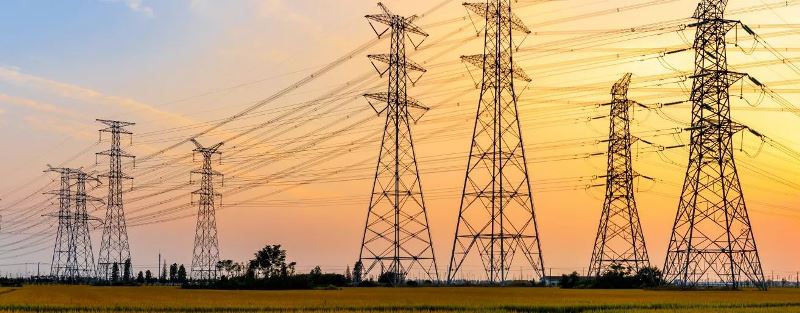The Pakistani government is actively negotiating with 75 additional Independent Power Producers (IPPs), primarily focusing on solar and wind energy projects, aiming to finalize agreements by late April or early May. This initiative follows the successful conclusion of talks with 29 IPPs, projected to save approximately Rs3.498 trillion in future payments.
Addressing Circular Debt:
Federal Minister for Power Awais Leghari highlighted that the government plans to borrow Rs1.2 trillion from commercial banks to manage the escalating circular debt within the power sector. Renegotiating these agreements is expected to not only generate substantial savings but also alleviate the financial strain caused by circular debt.
Challenges with IPPs:
Senator Mohsin Aziz has accused certain IPPs, particularly wind power plants established between 2012 and 2014, of over-invoicing and inflating project costs, leading to higher tariffs and increased financial burdens on consumers. Since July 2024, the government has terminated six IPP contracts and revised agreements for eight bagasse-based power plants. However, negotiations with 75 IPPs remain ongoing, especially concerning wind and solar projects, as policymakers strive to balance cost reductions with maintaining investor confidence.
International Resistance:
Minister Leghari acknowledged facing international resistance during these renegotiations, with foreign diplomats intervening. Despite these challenges, the government is progressing with mutual consent and aims to conclude all agreements by late April or early May. Revised agreements have already been signed for 12,000 megawatts (MW) of capacity, including 14 private power plants with a combined output of 3,200 MW and six state-owned power plants. Negotiations for 15,615 MW of government-owned power plants remain ongoing.
Solar Policy Revisions:
The government’s revised solar policy has also come under scrutiny. Pakistan currently has 282,000 net metering solar consumers with a total installed capacity of 4,100 MW. The new policy, pending federal cabinet approval, aims to introduce stricter regulations for new applicants while ensuring sustainability and fairness. Existing consumers will remain unaffected. Senator Shibli Faraz criticized the plan to purchase electricity from solar consumers at Rs10 per unit while selling it at Rs50, arguing it imposes an unjustified burden on the public. Minister Leghari defended the pricing, emphasizing the necessity of recovering capacity charges to maintain grid stability.



Comments (0)
No comments yet. Be the first to comment!
Leave a Comment